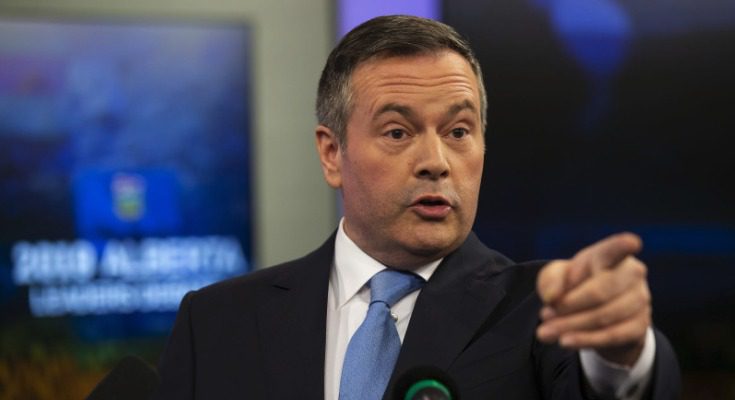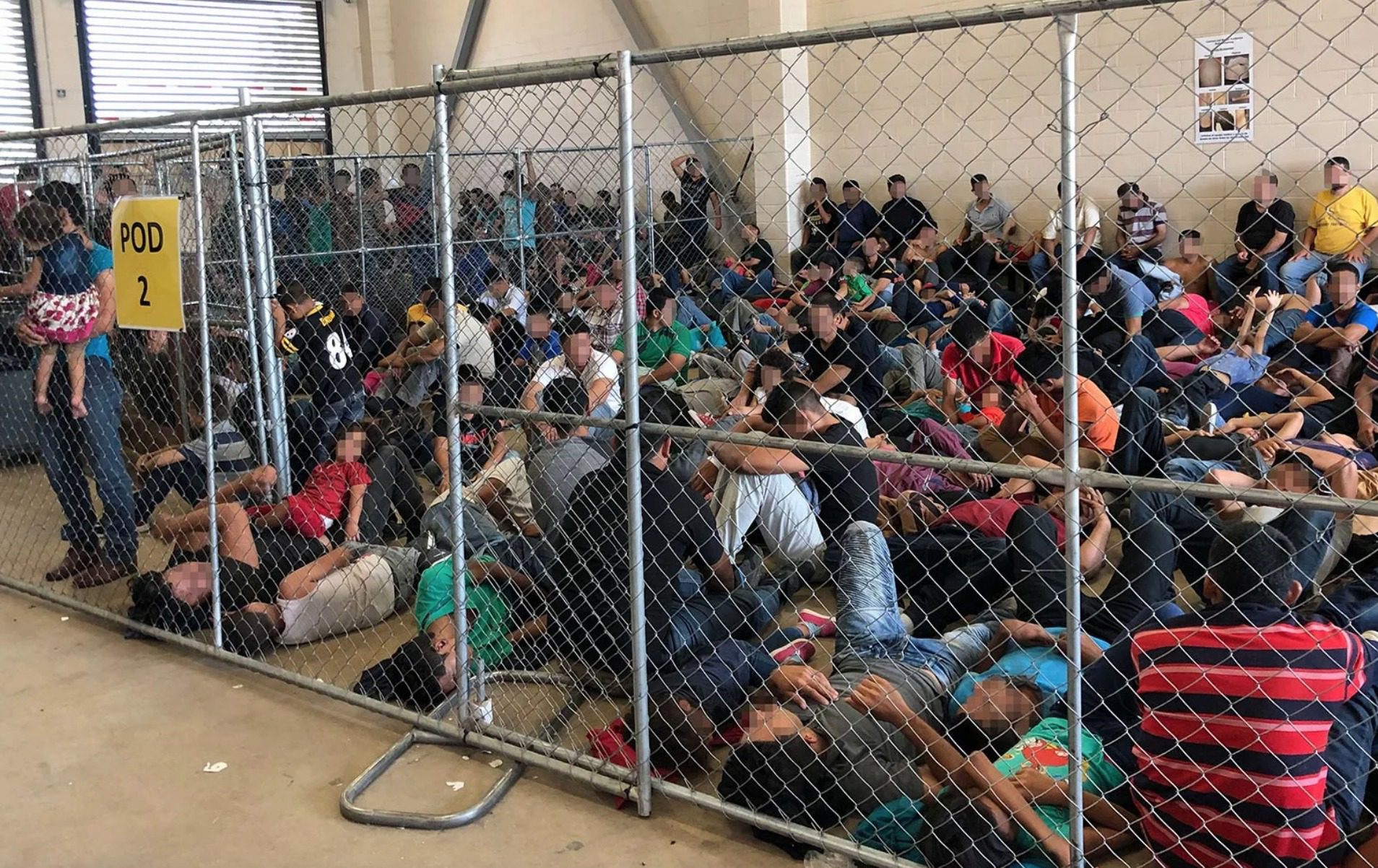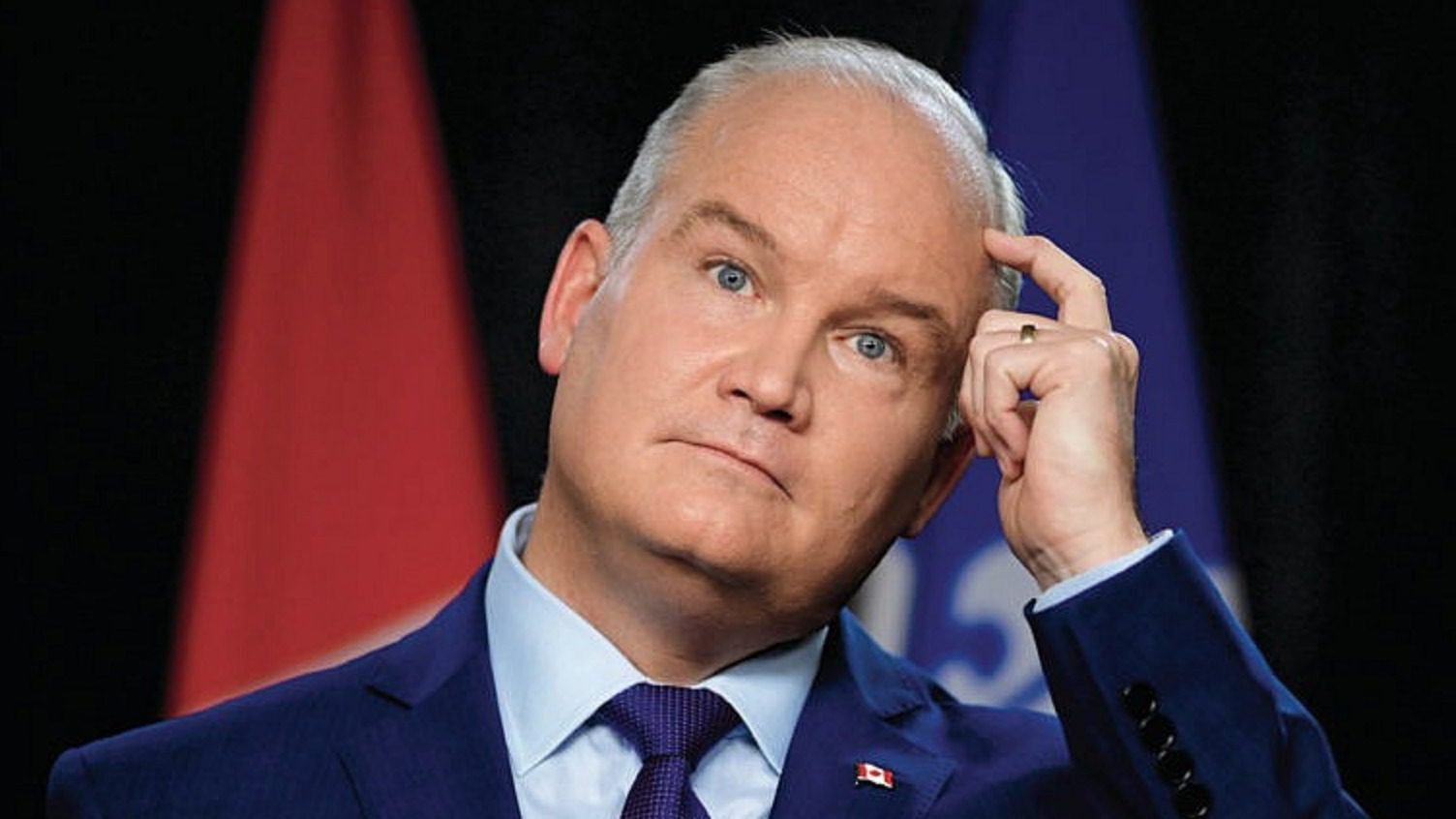Jason Kenney is putting voters in the driver's seat with recall and citizen initiative legislation.
He just failed to mention the seat is in an autonomous vehicle. The UCP doesn't really want the average joe touching the steering wheel.
The bar set by bills introduced this week is so high to actually yank a sitting politician or directly effect legislation that precious few voters would hazard the attempt.
Generally following the pattern set in the 1990s by similar legislation in BC, recalling an MLA under Bill 52 requires a little essay submitted to the electoral office, a petition with the signatures of 40 percent of eligible voters collected over 60 days, and then there still has to be a vote.
In B.C. only one bid for a recall has come close, although the MLA resigned before the final outcome.
It looks easier to turf a municipal politician under Bill 52. There's no final vote required just 40 per cent of eligible voters have to sign the petition. The voter turnout in the 2017 municipal election in Edmonton was just 31.5 per cent. There aren't all that many folks deeply engaged in municipal politics.
Bill 51, The Citizen Initiative Act, allows voters to propose new laws and policies if they can gather signatures from 10 or 20 per cent of the province's voters, depending on whether the proposal involves provincial jurisdiction or requires a constitutional referendum.
The signatures have to be collected in person, not online, within 90 days. The chief electoral officer has 60 days to verify the signatures. The petition then goes to a legislature committee which has 90 days to decide whether to support the initiative or not. If the committee decides against the initiative it triggers a non-binding public vote.
That's a lot of time and a lot of work.
Wouldn't it be more empowering if the grassroots voter could, say, phone their MLA, have a reasonable discussion about a pressing issue, and then have the MLA present those view in the legislature?
Isn't it the job of elected representatives to always be listening to their constituents' concerns?
The Kenney government has been criticized for its lack of meaningful consultation on important policies. Doctors felt disrespected by lack of consultation when the government tried to change their contract. Teachers were outraged by changes to their pension which happened without discussion.
The government is about to hold public hearings on its coal mining policy after revoking the last one in 2020 without saying boo to affected stakeholders.
A grassroots uprising of farmers, municipal councillors, country singers and nature lovers prompted a pause in the UCP's coal plans. When the Citizen Initiative Act passes, opponents can jump through a zillion hoops and wait months for what would likely end in a province wide vote. By that time who knows how many mountain tops would be blown off by coal mining conglomerates.
Kenney used the example of the previous NDP government's imposition of a carbon tax as a worthy target for a citizen initiative. With taxes in mind the Alberta Taxpayers Federation is applauding Bill 51 as a step forward in participatory democracy.
No one in government is suggesting a petition on coal mining would be just as good an example. One wonders if that would make it through a legislature committee, dominated by the governing party.
These bills are aimed at the populist wing of the UCP which just loves the idea of recall and referendum. But even within the party, grassroots democracy isn't everything it's trumped up to be.
It was announced this week that Kenney will face a leadership review during the UCP's fall 2022 general meeting. It looks like the party is addressing rumblings in constituency associations about the handling of the pandemic lockdown and the UCP's continuing plummet in political polls.
But the timing of the review makes it impossible for malcontents to actually turf the premier. The general meeting happens in fall 2022 and the next election is slated for spring 2023. No political party is going to jettison a leader six months before an election.
The devil is in the details. The timing of the leadership review; the number of signatures required to fire an MLA; endless red tape in changing government policy or legislation — it's all detail that undercuts Kenney's claims he is putting power in the average Albertan's hands.
Photo Credit: Calgary Herald


















